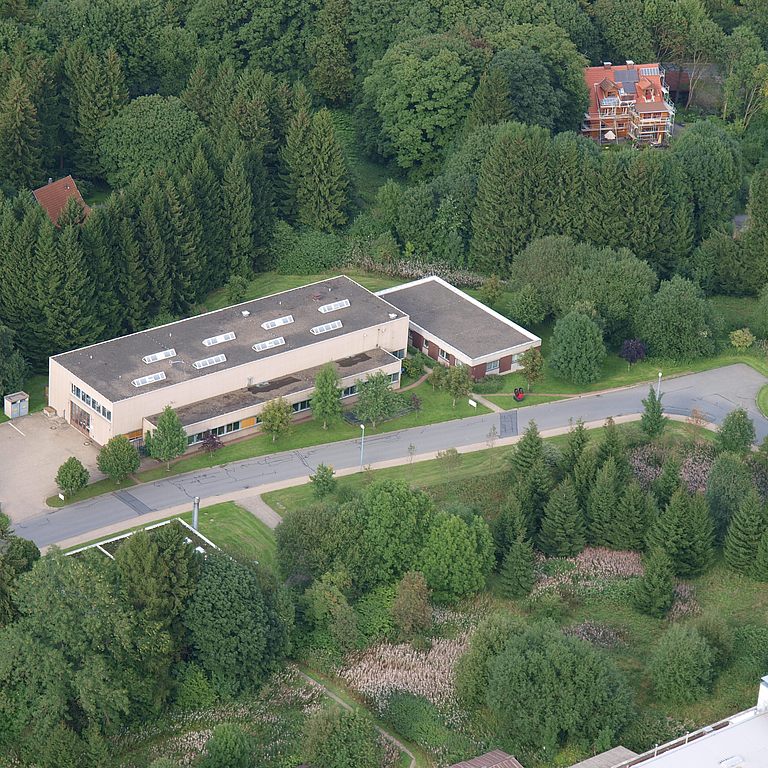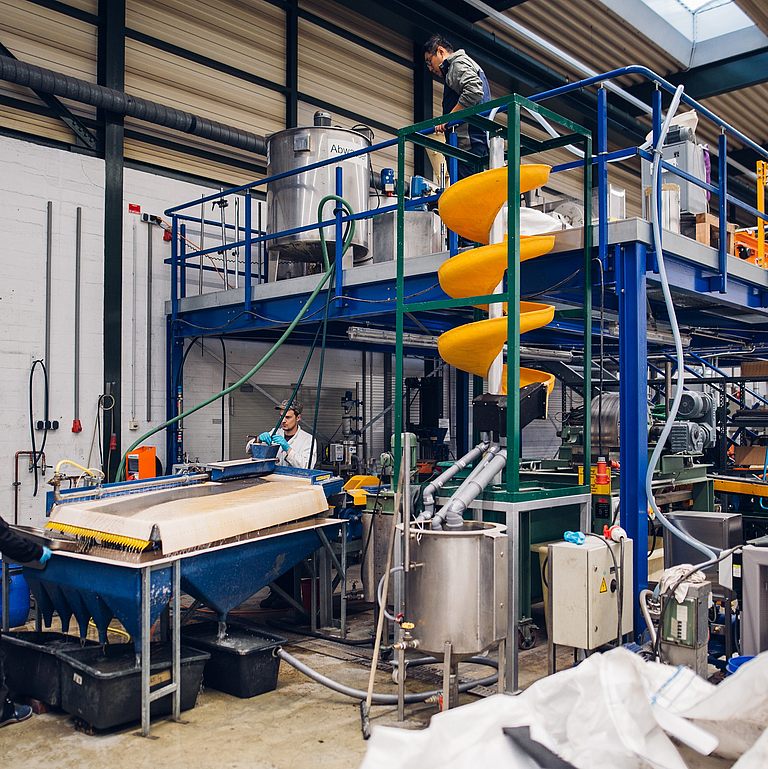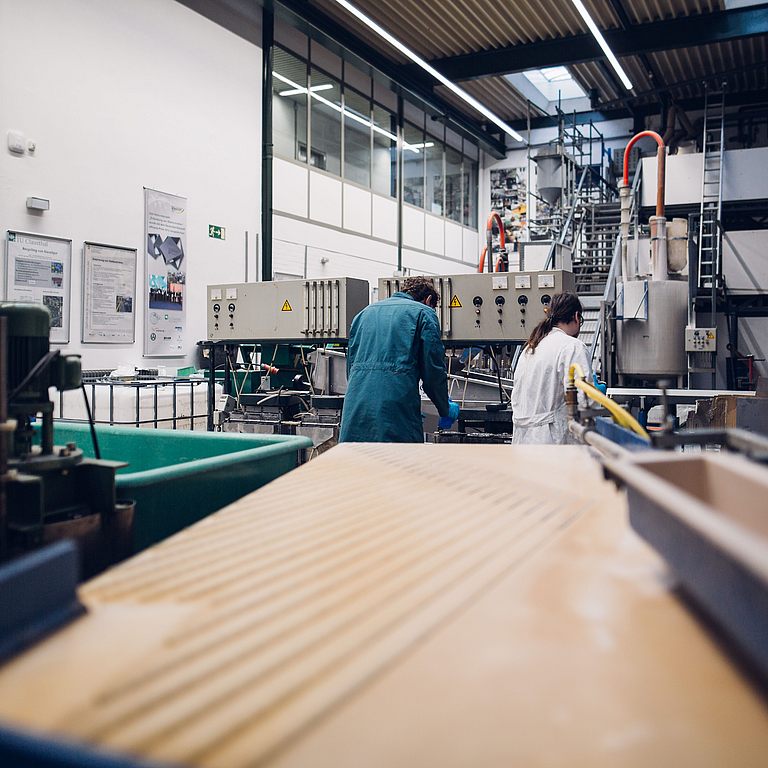Flotation of synthetic metal phases
Project description:
Against the background that natural resources are becoming increasingly scarce and the extraction of raw materials has major ecological and social impacts, alternative ways of securing raw materials must be pursued. Especially waste streams with fine-grained metal-containing components have a great potential that has been largely unused so far.
While treatment processes are already being used industrially for coarse-grained metal-containing waste streams, there is a lack of appropriate treatment processes for fine-grained waste streams, since the requirements increase with decreasing particle size and the synthetic metal phases contained in secondary raw materials are not sufficiently characterised. Examples are slags and dusts from metallurgical processes as well as from incineration plants and dusts from the mechanical treatment of electronic scrap. These fractions have been selected because on the one hand they are a material flow with high potential, especially for copper, and on the other hand, own preliminary investigations have shown that in principle it is possible to recover the synthetic metal phases by flotation. However, essential fundamentals regarding the physico-chemical properties of the metal phases and the interactions with the flotation reagents are missing for a further development of the approach.
In order to close these gaps, a representative selection of slags from waste incineration and refuse derived fuel plants will first be chemically and mineralogically characterised within the framework of the project. Subsequently, the main identified metal and matrix phases will be synthesized and the parameters important for the flotation of these phases will be determined (e.g. zeta potential, contact angle). This is followed by investigations on interactions between the phases and potentially suitable flotation reagents (collectors, pushers, activated sludge and foaming agents) both on the individual components and on mixtures. In the last third of the project the transferability of the obtained results to real slag samples will be investigated.

Contact person: M.Sc. Sebastian Keber
Research Associate
Contact
Phone:+49 5323 72-2135
E-Mail: sebastian.keber@tu-clausthal.de



![[Translate to English:] [Translate to English:]](/fileadmin/_processed_/0/e/csm_duesenfeld_jun18_098_lowres_dd33377237.jpg)
![[Translate to English:] [Translate to English:]](/fileadmin/_processed_/d/3/csm_duesenfeld_jun18_108_lowres_31e25a0a0c.jpg)
![[Translate to English:] [Translate to English:]](/fileadmin/_processed_/3/0/csm_PA8A0066_25a6616405.jpg)
![[Translate to English:] [Translate to English:]](/fileadmin/_processed_/c/d/csm_PA8A6326_b23db2d7fe.jpg)
![[Translate to English:] [Translate to English:]](/fileadmin/_processed_/8/2/csm_PA8A6373_333262f3c8.jpg)
![[Translate to English:] [Translate to English:]](/fileadmin/_processed_/7/f/csm_PA8A9524_5b4d7e23a0.jpg)
![[Translate to English:] [Translate to English:]](/fileadmin/_processed_/3/3/csm_PA8A9545_bd53136455.jpg)
![[Translate to English:] [Translate to English:]](/fileadmin/_processed_/8/d/csm_PA8A9673_2c9b95d9b4.jpg)